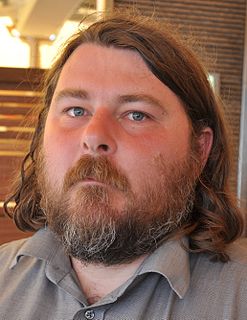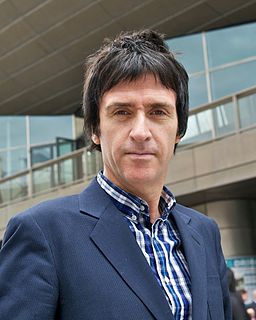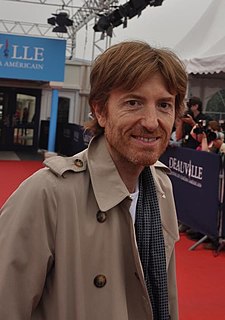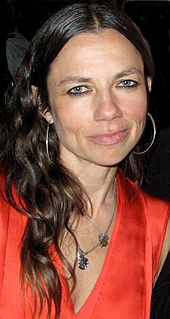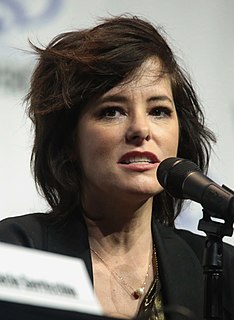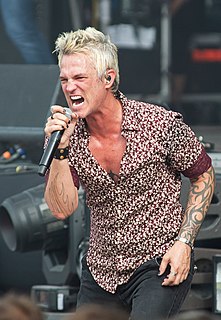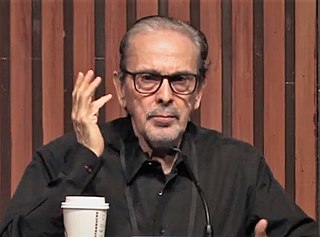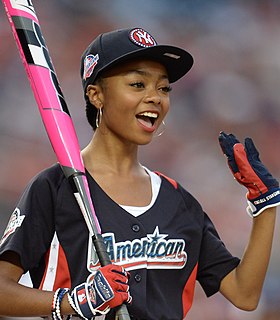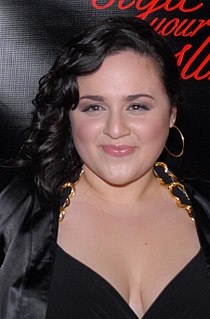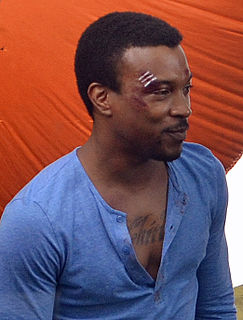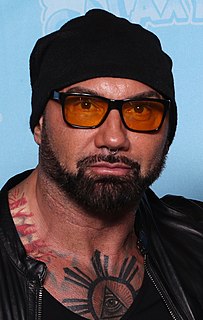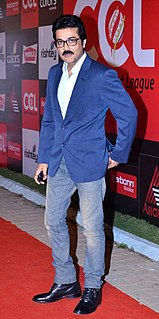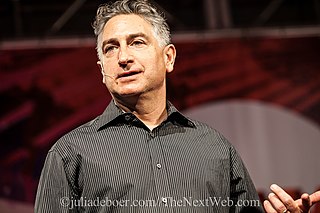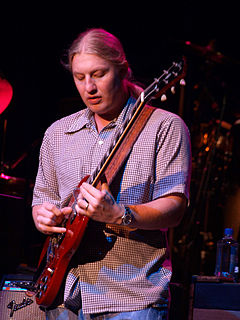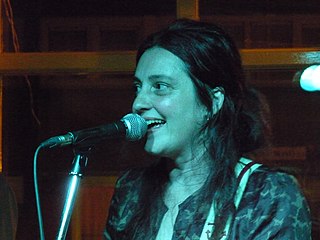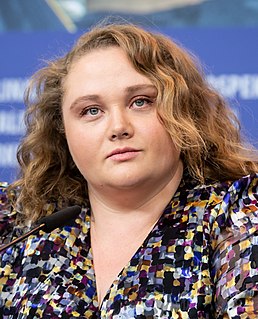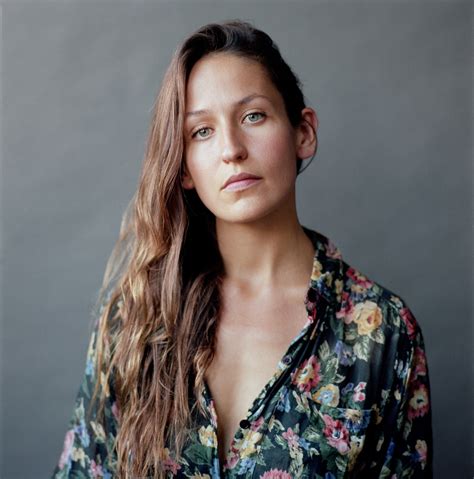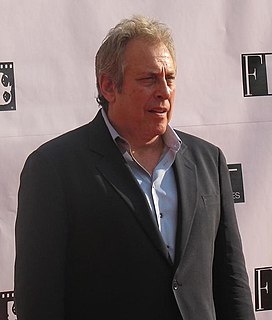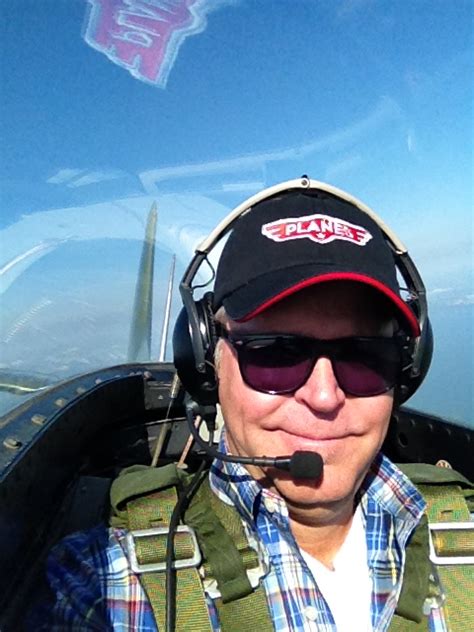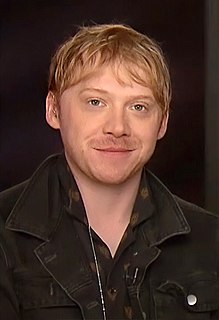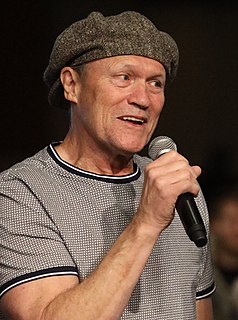Top 746 Studios Quotes & Sayings - Page 11
Explore popular Studios quotes.
Last updated on December 22, 2024.
People say, "How do you get into the British film industry?" There is no British film industry, there are just people making films and finding their own way. It's not like in the States where there are studios and there's an actual infrastructure to it; there's just nothing here. You make it from scratch a lot of the time.
Rick Eldridge over at Reelworks Studios has the same vision that I have. They want to make good family quality product with a redemptive message underneath to allow people to open their hearts and minds. That (mindset) really drew me to The Ultimate Life...Their vision and what they want to do very similar to me and Erin.
I was around New York at a time when independent cinema was at its peak and became kind of popular and mainstream. It got some hype, culturally. After that, studios started to have independent companies within their studio system, and they found bigger stars willing to do new material. That's kind of what it's turned into.
. . I have written a couple of screenplays for studios, and each time has been less gratifying than the last. In my experience, they want no real representations of homosexuality, they want no complexity, they are terrified of ambiguity and unanswered questions - they don't know what they want, except that they want to make lots of money. The only freedom I've ever had as an artist has been in the theatre.
There were two writer's unions in those days[ during World War II ] , the studio-friendly guild called the Screen Playwrights, and the more activist Writer's Guild. The studios were fairly upset that their group wasn't effective, and they sought to punish the other union by labeling them as Communists.
I was living in a terrible time when people were being accused of being communists, and they attacked the movie industry, especially the writers. People couldn't work if they were on the blacklist. The studios banned them. It was the most onerous period in movie history. I don't think we have ever had a period so dark as that.
I want studios to be financing director-driven, auteurist cinema, as they did in the '70s. I think it's starting to happen now. Plus, because of how our world has changed politically, I think audiences are demanding more realism. We need to have more stuff in our culture about what is really going on right now.
I'm emotionally invested in every movie that I do, period, because you've got to make that commitment. You're spending a year, 18 months of your life doing it. I'm invested in all those kinds of pieces. Most of the films I've had in my career have never tested well. I got lucky that sometimes I got supported by studios - or, at least if not supported, tolerated.
The business side of film has goofed up so many things, but even that's changing. It happened to the music industry and now it's happening to the film studios. It's crazy what's going on. But artists should have control of their work; especially if, as I always say, you never turn down a good idea and never take a bad idea.
I was looking for a dog when I was around 9 or 10 years old. I'd just moved to L.A. and I was working on a lot called Hollywood Center Studios. One day, a dog adoption company came to the lot and were passing around flyers saying they'd have RVs the next week full of adoptable dogs from a no-kill shelter. So I was really happy about that.
I think that's very significant that we're so attached to the idea now of - it was something I advocated for years, that you can make music in studios, music doesn't have to be made as a real-time experience. But now you see the results of that in people who are completely crippled unless they know that they have the possibility of "cut and paste" and "undo." And "undo" and "undo" and "undo" and "undo" and "undo" again.
In entertainment, the technology began giving us greater choice and easier switching before almost any other area. The studios became much more dependent on the stars, not just star actors and directors but also star technicians, star cinematographers. It's a very important evolution in terms of understanding why people are working the way they're working.
I really believe, especially with 3D, you kind of have to approach it as this holistic thing. You have to kind of mount a 3D movie; you can't just add 3D as a kind of a special sauce sprinkled on top of a dish afterwards to give you an extra 20-percent in theater grosses, which I think is the way a lot of studios perceive it.
Originally, I was set on going to Hawaii Pacific University. We visited the campus in Hawaii. I was gonna be a Rainbow Warrior. I was gonna play softball. I was gonna major in marine biology. Everything was set. Then my dad was like, 'So you're not gonna do music? If you do go to Hawaii, there's no studios there, baby girl.'
I just remember not having access to films as a young person who loved films but living in Compton. In order to see the film, I had to get on the bus and travel quite a ways to get to an arthouse theater - none of which you're gonna find in black and brown communities - to see anything that was outside of what the studios fed me, and that's not the case anymore.
I can do everything skinny girls can do, trust me. I honestly think Hollywood is getting real. They're saying, 'Hey this is what a lot of America looks like,' a lot of America doesn't wear a size 2. I think the studios and the media are starting to realize that overweight people want something they can relate to, so let's give it to them.
All the studios are owned by multinational corporations, which are not usually bastions of the left. So all the actors, writers, and directors - or at least a great majority of them - live in fear because we're all insecure, we all want that next job, we all want to be loved, and we don't want to piss off some studio chief who won't hire us for the next movie.
If you haven't got a gun, you can't shoot anyone. We need to look at how these guns are getting into our communities. It's about replacing the negativity with good stuff. Give kids music studios in the community they can use for free and see how they learn to work together. Football and music unify kids.
Working with David Cronenberg or Darren Aronofsky or even Steven Soderbergh isn't really like a typical Hollywood movie. These are true artists, and have a certain amount of freedom when they work, and they're more like independent filmmakers making their way through big studios. I still don't feel like I've been part of the stereotypical Hollywood system.
One of life's intriguing paradoxes is that hierarchical social order makes cheap rents and outré artists' colonies possible. Raffish bohemian neighborhoods flourished in the days of racial segregation; under integration the artistic poor have no safe places in which to create.... If America lacks a vigorous culture it is partly because studios and ateliers have become crack houses.
As children we had traveled only in cars and led a lavish lifestyle. After father and we parted ways, we had little money to afford even petrol; I used to travel to the Tollygunge studios in the south of the city from our Dumdum home in the north by bus. I would do any role that came my way: hero's friend, or brother, or son, just about anything.
It's all about special effects and explosions now. It leaves me just cold when I walk out of the theater. There's no heart; there's no soul. Movies used to be about people. It's as though we don't tell stories any more. The studios have to make money, and if you want to make $20 million, you have to spend $200 million.
If you have a career like mine, which is so identified with Hollywood, with big studios and stars, you wonder if maybe you shouldn't go off and do what the world thinks of as more personal films with lesser-known people. But I think I've fooled everybody. I've made personal films all along. I just made them in another form.
Various studios are still shooting on film with digital grain and the DI negatives, it's not ideal. We should really be all film or all digital. But that being said, the old way of graining in the camera, now you can make changes like a painter. It's dangerous because you can ruin the film, you can over-fiddle. We've all seen films and gone 'what the hell is that?'
A lot of the gear came out of some of the old studios here in New York City. We picked up a lot of old microphones, reverb tanks, tape machines, so yeah, we try to record the old way, which takes more time and energy, but it certainly feels better when you're getting to the end of the process of making a record.
From meeting Robert Plant, John Bonham, and John Paul Jones, teaming up, rehearsing, playing selected gigs outside of Britain, coming back into Olympic Studios to record the first album, and then going to America, which we crack open like a nut with the debut record - all that happened, literally, within months.
All you do is you go back to the Maida Vale Studios at BBC in London, and it feels like you're in a spaceship. It feels like you're in 2001 or something like that. It's massive and well constructed and highly technologically advanced and occupied by these wise scientists, engineers, and producers. Listening to it, it just doesn't sound like me - that's a younger self that didn't know who he was or what he was doing. I can't identify with a nebulous cloud.
Studios are often very nervous of things they don't recognize, by which I mean things that haven't been done before, and therefore, they take a really original idea, and they recognize the originality, and then they try and make it look like something they recognize. So they try to turn it into something far more procedural.
I've been very lucky in that the studios really respect me and they give me all my creative freedom. But nevertheless, they are inputs, they have opinions. It's the same thing for me as if you're in a shower and you're coming up with a tune, with a melody, but there are 70 people trying to sing their own melody at the same time. So you have to focus and concentrate, and not lose the track of your melody.
I think good-looking people seldom make good television. And American television studios almost concede before they start: 'Well, it won't be good, but at least it'll be good-looking. We'll have nice-looking girls in tight shirts with F.B.I. badges and fit-looking guys with lots of hair gel vaulting over things.'
People in big studios are like, 'People want to see other people who are skinny and happy and amazing.' But I think, nowadays, they are realising that what sells is real people from all different backgrounds, ethnicities, cultures and size. People want to see themselves represented on screen, and it's a real cool thing for everyone.
When I get that question, about diversity, I don't go, "Yeah, well you know they don't pay me." That's not my story. I own six properties; Hollywood has been damn good to me. Now you can ask me, "Have they paid you what you deserve?" That's the question, but you'd have to go to the studios, I don't know. I do the work!
We live in a society whose whole policy is to excite every nerve in the human body and keep it at the highest pitch of artificial tension, to strain every human desire to the limit and to create as many new desires and synthetic passions as possible, in order to cater to them with the products of our factories and printing presses and movie studios and all the rest.
I'd love to be a director-for-hire and get a nice paycheck and captain one of those big ships, but I think studios mistakenly think I want to write what I direct - which I don't. I write out of desperation, because I never get a script I like, other than "Nebraska." It's a matter of: What's the screenplay? Is it intelligent? Is it human? I don't care what genre, what scale. I'm here for the movies.
Everything in The Room, we did it the same way the big studios do it. The only difference is the budget and the actors. We put an ad in Back Stage West and in return we got almost 8,000 headshots from people who wanted to be in the film. We then do a process of selection and a rehearsal process after they are selected. The process of audition is very time consuming.
I had the opportunity to work with Aliens and Predators when Resident Evil 2 was being made and it was for two different studios. It was for Fox and Sony. They don't care about one another. They just want their movies. So it was very difficult to delay one and... So I had to make a very painful decision to kind of step away from directing the second movie and with the third movie it was the same.
I mean, they clearly have a process of how they go about making their movies, and John Lasseter has been instrumental in implementing that process for all three studios with the Brain Trust and the way we work and the way we break stories and how it's all creative led. There are no executives in the room. So I think all of that is embraced unilaterally. But that's the first time I've heard of that.
[Make a sitcom] was really the idea of Executive Producer Joe Roth who owned the property over at Revolution Studios and said he was thinking about taking it to TV. And after he said that he already had [writer/director] Ali Leroi on board, and that he was going after Terry Crews, to me it was a no-brainer. I said, "Let's put this together!"
I've never fancied that footballer lifestyle. I suppose I could live that kind of flash life. People stereotype child actors and kind of expect you to go off the rails a bit, be a bit crazy, but that's not really happened yet. I've got a big family so that helps, and they live really close to the studios so it's just so much easier.
I was pretty confident that I'd be playing something, if James Gunn could convince Marvel Studios and Disney to cast me. He's involved with the casting too, but if he could convince them to go along with him and agree with getting me on the roster, then yeah, I would have voiced Groot. Not a problem. Groot is an awesome character.
I came out of film school and went after movies that I thought audiences wanted to see or that the studios wanted, as opposed to the movies that I wanted. Over the last 10 years, I've gravitated more and more toward the films that I grew up loving - classic Spielberg, Lucas, James Cameron and Ridley Scott movies.
